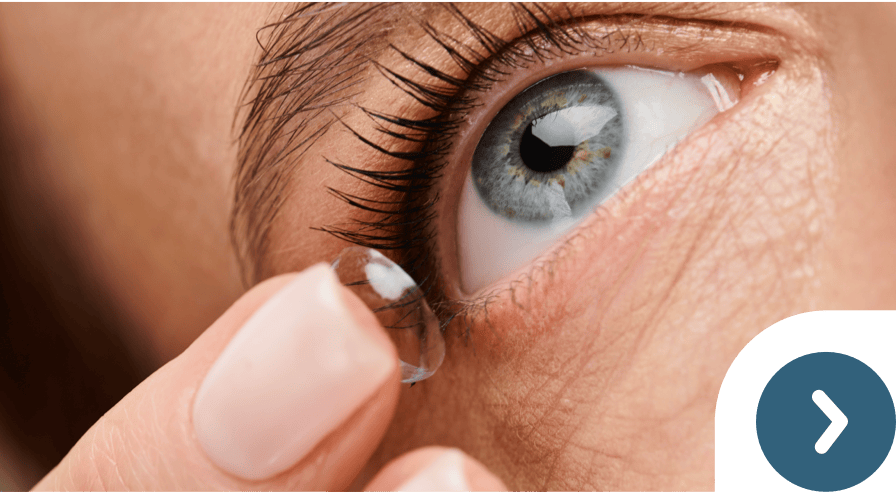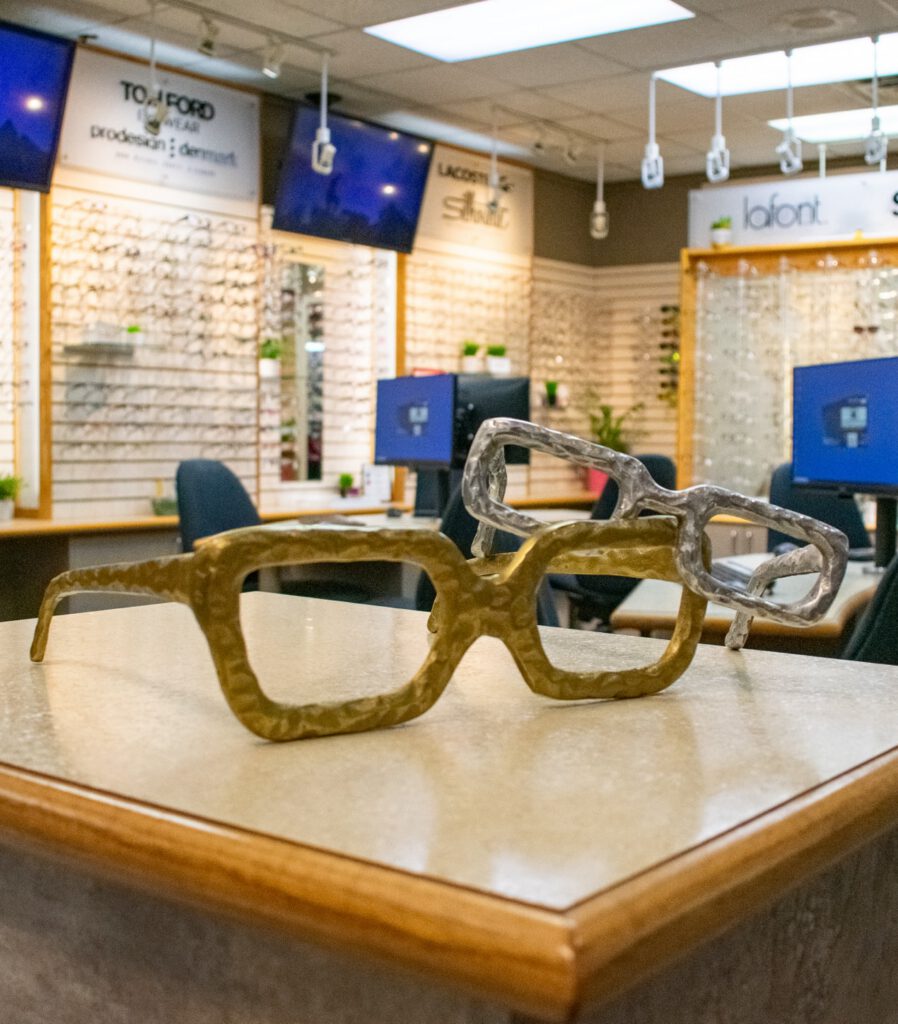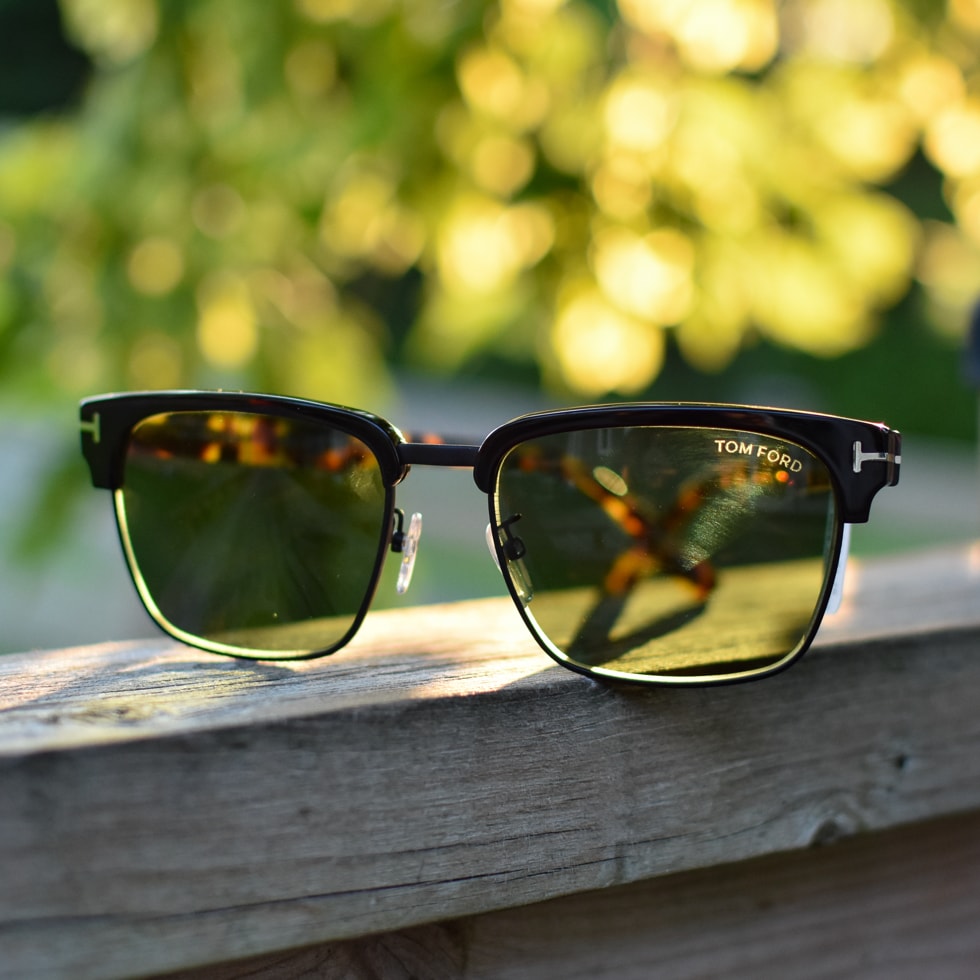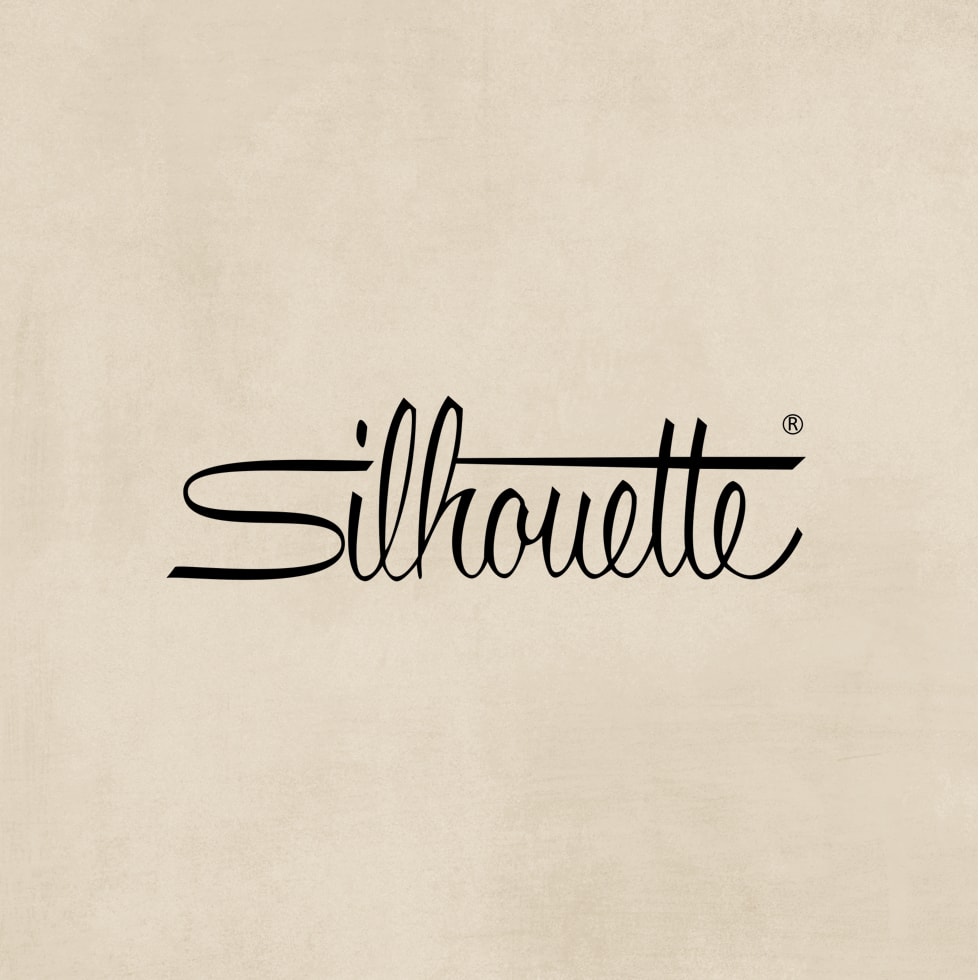Sunglasses do more than elevate your style—they can play a role in protecting your eyes from harmful UV rays and reducing discomfort in bright conditions. Among the many options available, polarized sunglasses stand out for their ability to reduce glare and improve visual clarity, making them ideal for driving, outdoor sports, or days spent by the water. One of the easiest ways to determine if your sunglasses are polarized is by using the reflection or screen test.
Why Polarized Glasses Stand Out
If you’re wondering whether polarized sunglasses are worth the hype, here are some unique benefits of these lenses:
- Glare reduction: Help to eliminate uncomfortable reflections and bright spots, especially when driving or enjoying water activities.
- Improved clarity: Help to see sharper details and vibrant colors in your surroundings.
- Eye comfort: Reduced eye strain means you can enjoy hours outdoors without discomfort.
- UV protection: Many polarized lenses also block harmful UVA and UVB rays.
- Better visual focus: By cutting glare and background brightness, polarized lenses can help your eyes focus more easily, especially in high-light environments.
Polarized sunglasses are a game changer for outdoor lovers, athletes, and even daily commuters who deal with reflective surfaces. They can not only offer clearer vision but can reduce the risk of headaches and long-term sun damage to the eyes.
Non-Polarized vs Polarized Glasses
Both polarized and non-polarized sunglasses protect your eyes to some extent, but they differ significantly in function.
Non-Polarized Sunglasses
- How they work: These rely on tinted lenses to reduce overall brightness in sunny conditions.
- Pros:
- Usually more affordable
- Suitable for quick, casual use outdoors
- Cons:
- Limited glare protection
- May not block harmful UV rays entirely
Polarized Sunglasses
- How they work: Polarized sunglasses use a special chemical coating to filter horizontal light waves, helping eliminate glare.
- Pros:
- Glare reduction
- Improved visual comfort and sharpness
- Ideal for extended outdoor activities
- Cons:
- Slightly higher cost
- Can make it harder to see digital screens
For those with light sensitivity or who frequently spends time in bright, reflective environments, polarized sunglasses can offer a noticeable upgrade in both comfort and safety.
How to Identify if Your Glasses Are Polarized
Not sure if your sunglasses are polarized? Here are two simple ways to check:
- The Reflection Test
- Find a reflective surface, like a car windshield or a calm body of water.
- Look through your sunglasses at the reflection.
- Rotate your sunglasses at a 90-degree angle. If the glare or reflection brightens or disappears, your sunglasses are polarized.
- The Screen Test
- View an LED or LCD screen (like your smartphone or computer) through your sunglasses.
- Slowly tilt your head or rotate the glasses. Polarized lenses will cause the screen to appear darker or even black out completely.
If these DIY tests don’t work, bring your sunglasses to an optician who can confirm their polarization for you.

When You Should Wear Polarized Glasses
Polarized sunglasses are ideal for numerous outdoor activities. Here are some scenarios where they can be beneficial:
- Driving: Cut down on glare from the road and windshields.
- Water activities: Perfect for fishing, boating, and kayaking. Reduce glare from water surfaces so you can see clearly.
- Outdoor recreation: Whether you’re golfing, hiking, or lounging at the beach, polarized lenses enhance color and depth perception for a richer outdoor experience.
- Snowy environments: Protect against snow glare while skiing, snowboarding, or winter driving.
They’re also recommended for people who have recently undergone eye surgery or suffer from light sensitivity, as they help ease strain and minimize discomfort in bright conditions. These benefits make polarized sunglasses useful for anyone spending significant time outdoors or coming out of eye surgery.
When Polarized Glasses Aren’t Ideal
While polarized sunglasses offer unmatched glare reduction, there are situations where they might not be the best fit:
- Digital screens: Polarized lenses can make it hard to view LCD screens, which may be inconvenient for pilots, drivers using navigation systems, or anyone working with screens.
- Icy roads: Polarized sunglasses can sometimes make it harder to see patches of ice, which could be a safety concern during winter driving.
- Heavy machinery: Certain environments requiring clear visibility of screens or deeply reflective surfaces may not pair well with polarized lenses.
Always assess your environment before choosing polarized lenses for the day.
Protect Your Eyes with Westmount Optometrists
At Westmount Optometrists, we’re passionate about protecting your eyes and helping improve your vision. If you’re looking for polarized sunglasses, prescription lenses, or protective eyewear that suits your lifestyle, our opticians are here to help. We offer a wide range of frames and lens options to match your unique needs, whether you’re an outdoor adventurer or someone simply looking for added comfort during your daily commute.
Book a visit to our clinic today and improve your eye care with stylish, professionally-fitted lenses customized just for you!









































